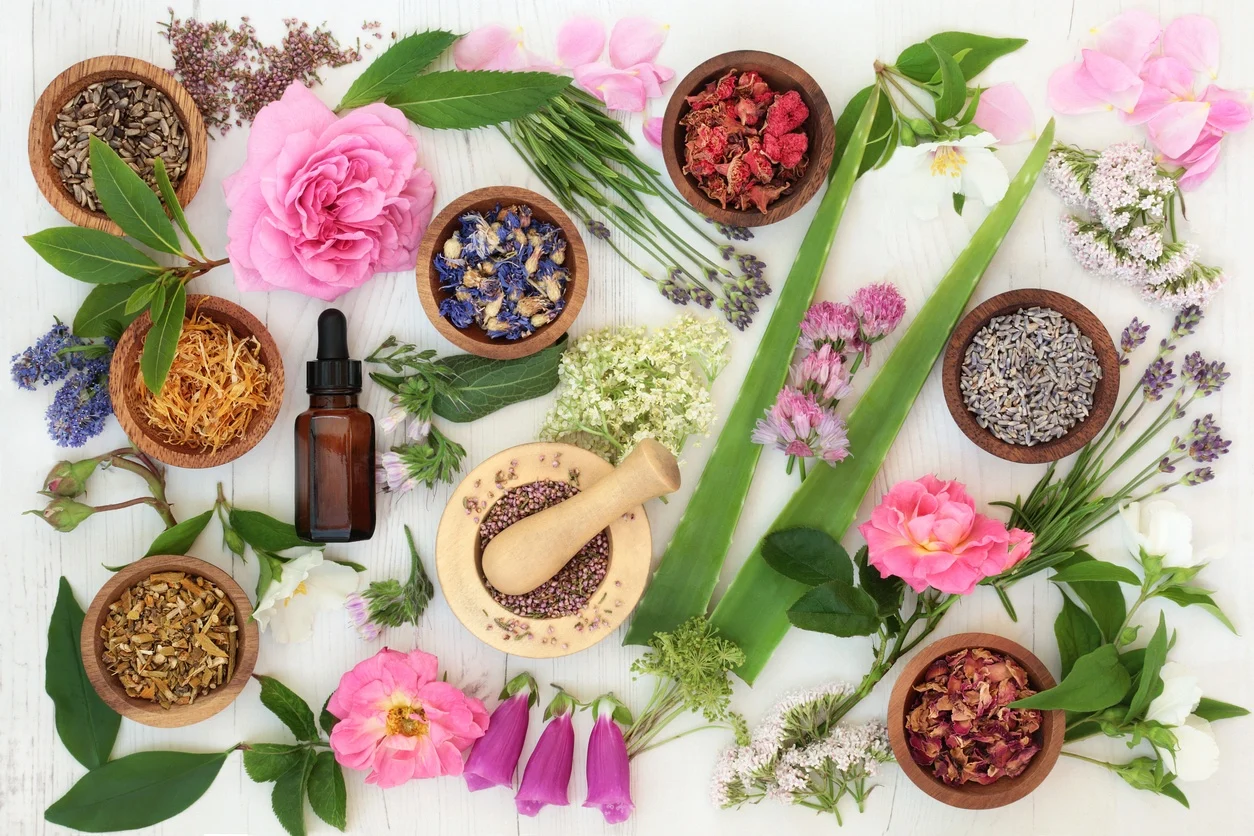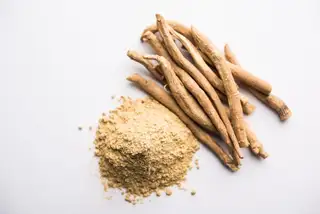
Herbal Therapy, The Power of Natural Healing
Throughout the annals of human history, herbal therapy has emerged as a profound and enduring source of healing. It is a practice that predates the modern era of advanced medical science and technological marvels, deeply rooted in the wisdom and experiences of our ancestors.
From the earliest civilizations, humans have turned to the natural world for remedies and solutions to their health concerns. The ancients, with their intuitive understanding of nature's bounties, discovered the remarkable properties of various plants and harnessed them to alleviate suffering and restore well-being.
In ancient Egypt, for instance, elaborate records exist detailing the use of herbs in medicinal concoctions. The Egyptians relied on substances derived from plants like lotus and papyrus for treating a wide array of ailments, from common infections to more complex disorders.
Similarly, in ancient Greece, the works of renowned physicians such as Hippocrates emphasized the importance of nature and its offerings in the pursuit of health. Herbs were an integral part of their therapeutic arsenal, with plants like thyme and oregano being recognized for their medicinal virtues.
The Chinese, too, have a rich heritage of herbal medicine that dates back thousands of years. The Traditional Chinese Medicine (TCM) system is a comprehensive framework that incorporates a vast knowledge of herbs and their interactions within the human body.
These early civilizations not only recognized the therapeutic potential of individual herbs but also developed sophisticated methods of combination and preparation to enhance their efficacy. They understood the delicate balance and synergy that could be achieved by using multiple herbs in specific formulations.
Fast forward to the present day, despite the dominance of modern medicine with its advanced drugs and surgical techniques, herbal therapy has managed to retain its significance and allure. It continues to offer an alternative or complementary approach for those seeking more natural and holistic ways to address their health issues.
As we embark on this exploration of herbal therapy, it is essential to recognize and appreciate its historical roots and the wealth of knowledge passed down through generations. This foundation serves as a testament to the power and potential of nature's remedies in promoting health and well-being.
In a world dominated by modern medicine and technological advancements, the age-old practice of herbal therapy continues to hold its ground as a powerful form of natural healing. This ancient wisdom, passed down through generations, harnesses the therapeutic properties of plants to promote health and well-being. In this article, we will delve deep into the world of herbal therapy, exploring its benefits, mechanisms of action, and its significance in the contemporary healthcare landscape.
Herbal therapy is not a new concept; it has been an integral part of human history for thousands of years. Ancient civilizations such as the Egyptians, Greeks, and Chinese relied on herbs for treating various ailments. These early practitioners understood the unique properties of different plants and used them to create remedies that addressed a wide range of health issues.
One of the key reasons for the enduring popularity of herbal therapy is its holistic approach to healing. Unlike conventional medicine, which often focuses on treating specific symptoms or diseases, herbal medicine considers the entire body and mind. It aims to restore balance and harmony within the body's systems, addressing the root causes of ill health rather than merely suppressing symptoms.
For instance, herbs like chamomile are known for their calming effects. Chamomile tea is often consumed to reduce stress, anxiety, and promote better sleep. Another example is ginger, which has anti-inflammatory properties and is commonly used to alleviate nausea and digestive discomfort.
The power of herbal therapy lies in the complex chemical compounds present in plants. These compounds, such as flavonoids, alkaloids, and essential oils, interact with the body's cells and biochemical pathways to exert therapeutic effects. Some herbs have antioxidant properties that help protect the body from oxidative stress and damage caused by free radicals.
Turmeric, for example, contains a compound called curcumin, which has powerful anti-inflammatory and antioxidant effects. It is being studied for its potential in treating various chronic conditions such as arthritis, heart disease, and certain types of cancer.
In addition to individual herbs, herbal blends and formulations are also commonly used in herbal therapy. These blends are carefully crafted to combine the complementary properties of different plants to create a more comprehensive and effective treatment.
However, it is important to note that while herbal therapy offers numerous benefits, it is not without its challenges and considerations. The quality and purity of herbal products can vary, and proper sourcing and manufacturing processes are crucial. Moreover, some herbs may interact with medications or have contraindications in certain individuals.
It is essential to approach herbal therapy with caution and seek advice from qualified herbalists or healthcare professionals. They can provide personalized recommendations based on an individual's health status, medical history, and specific needs.
In recent years, there has been a growing interest in integrating herbal therapy with conventional medicine. This integrative approach combines the best of both worlds, leveraging the scientific rigor of modern medicine with the natural wisdom of herbal remedies.
For example, in some cancer treatment centers, complementary therapies such as herbal supplements are used to support patients' overall well-being during chemotherapy and radiation, helping to manage side effects and improve quality of life.
In conclusion, herbal therapy represents a remarkable source of natural healing that has stood the test of time. Its potential in promoting health, preventing diseases, and enhancing the body's innate ability to heal is truly remarkable. As we continue to explore and understand the complex world of plants and their therapeutic effects, herbal therapy is likely to play an increasingly important role in our healthcare systems, offering hope and relief to those seeking alternative and complementary approaches to well-being.
With responsible use and the guidance of experts, herbal therapy can be a valuable tool in our quest for optimal health and a balanced life. Let us embrace the power of nature's remedies and unlock the secrets of herbal healing for a healthier future.





